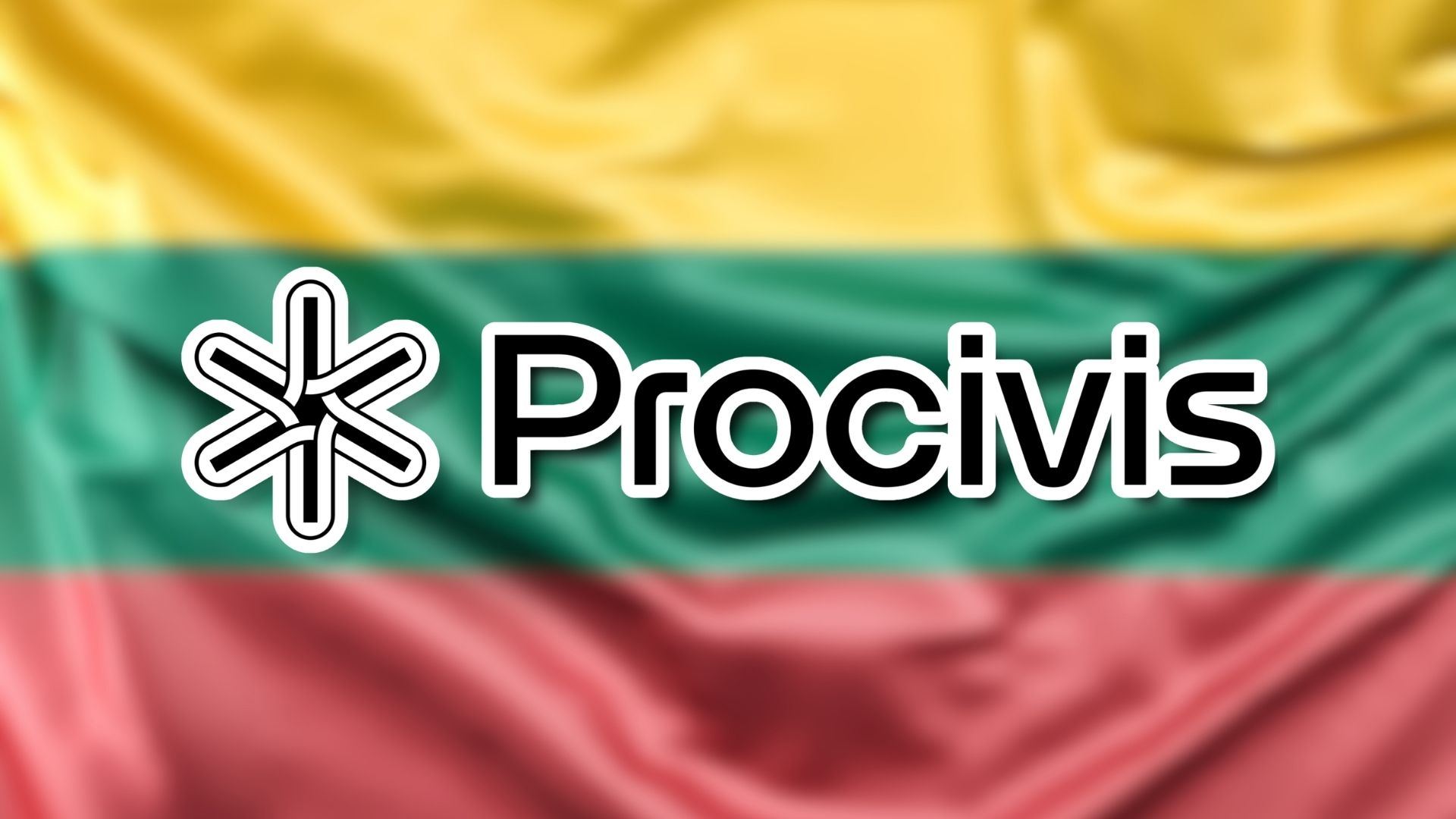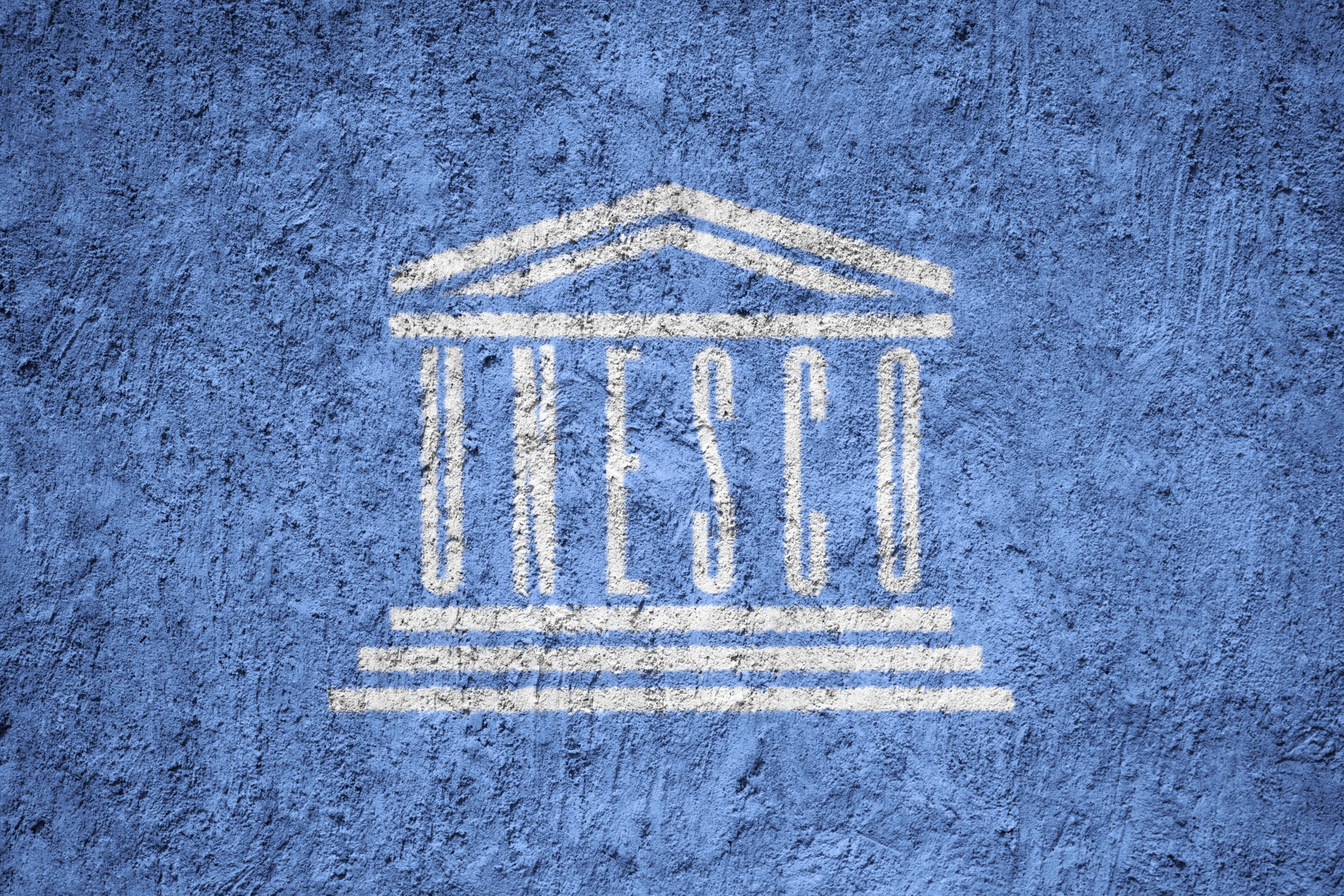A phishing campaign is targeting job seekers with fake Google Forms pages designed to harvest account credentials. Attackers are using a spoofed domain, forms.google.ss-o[.]com, to mimic the legitimate Google Forms service and trick victims into signing in.
The fraudulent pages advertise a Customer Support Executive role and prompt applicants to enter personal details before clicking a ‘Sign in’ button. Victims are then redirected to id-v4[.]com/generation.php, a domain previously linked to credential harvesting campaigns.
Researchers identified the operation as part of a broader wave of job-themed phishing attacks. The attackers used a script called generation_form.php to create personalised tracking links and implemented redirects to evade security analysis by sending suspicious visitors to local Google search pages.
Security experts warn that the campaign relies on domain impersonation techniques, including the use of ‘ss-o’ to resemble ‘single sign-on’. The fake site reproduces Google branding elements and standard disclaimers to increase credibility.
Users are advised to avoid clicking unsolicited job links, verify opportunities through official channels, and enable multi-factor authentication. Password managers and real-time anti-malware tools can also reduce exposure to credential theft.
Would you like to learn more about AI, tech, and digital diplomacy? If so, ask our Diplo chatbot!










